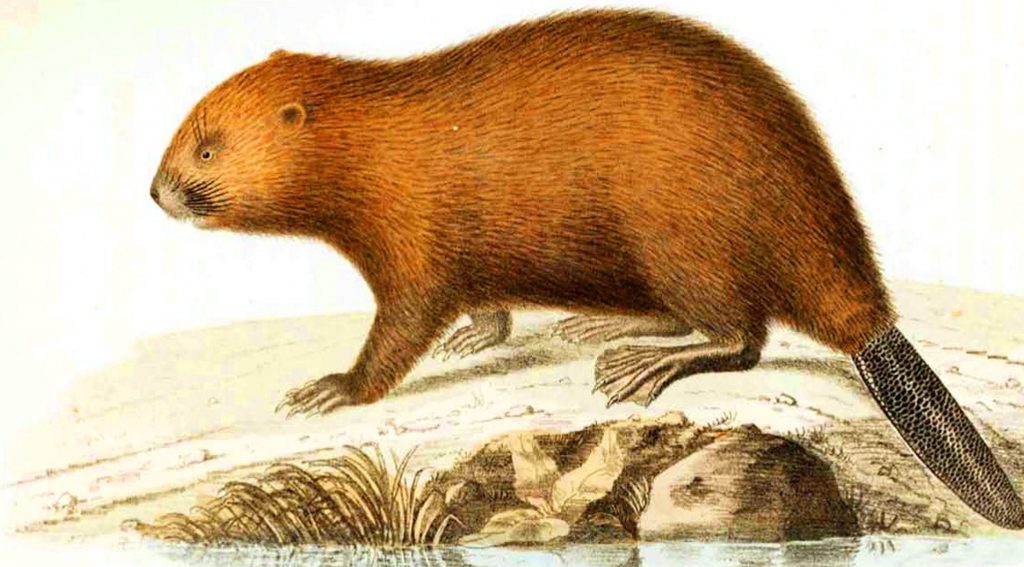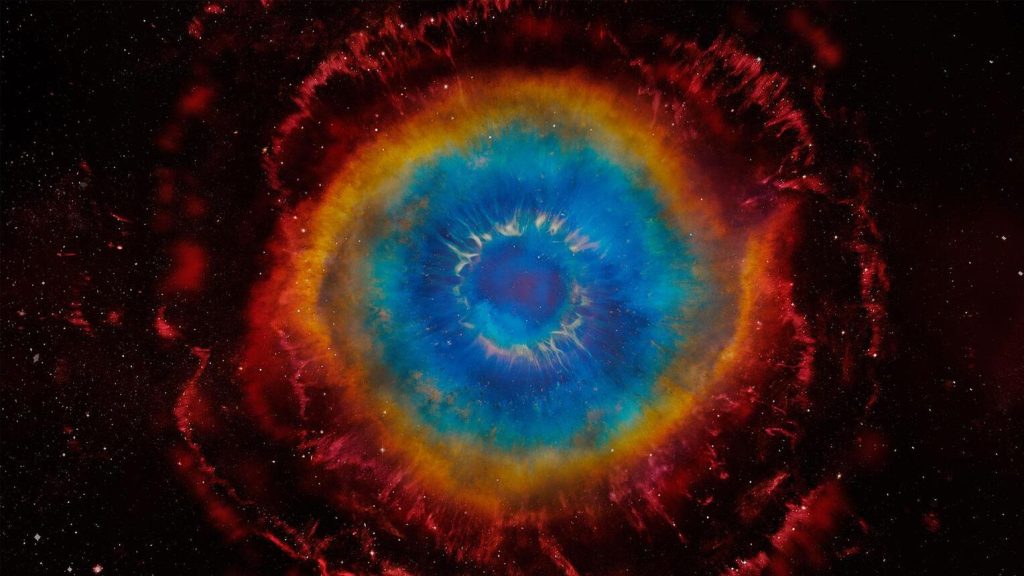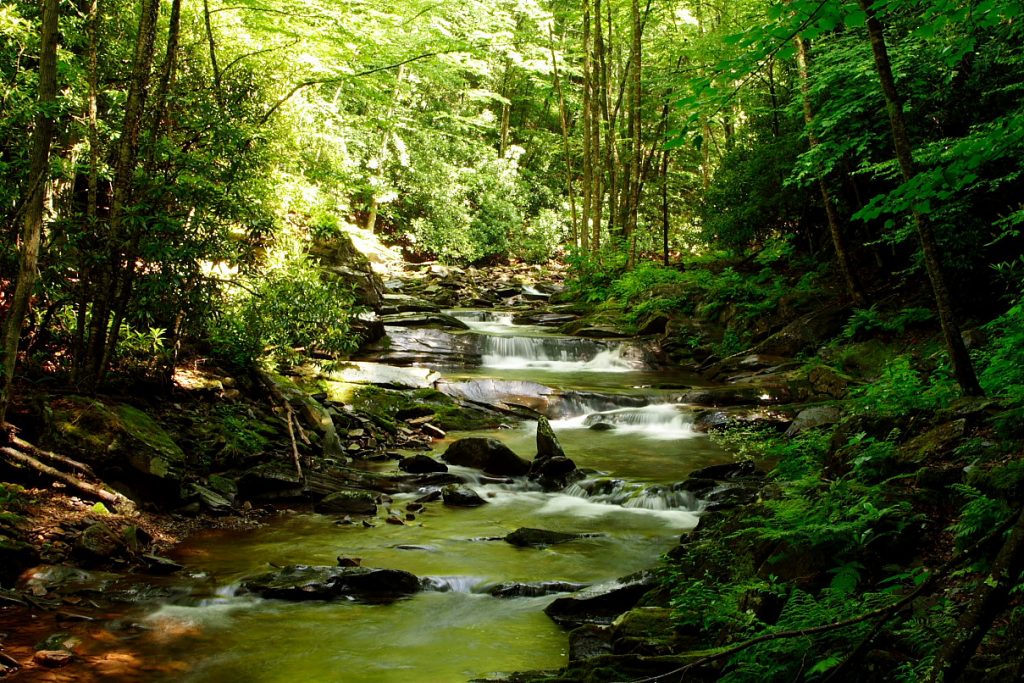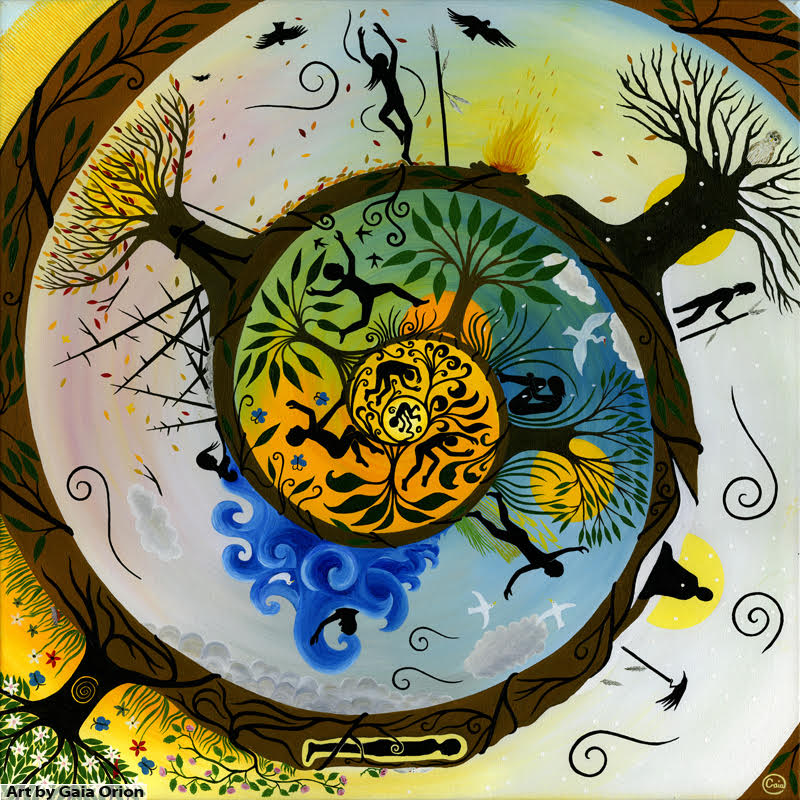Mugwort | Plants Rule the World
As a lifelong passionate gardener and landscaper, I had been seduced and inspired by gorgeous photos in gardening magazines, scenes where the wildness had been meticulously manicured and cultivated. The only weed was the occasional mullein, looking fabulous in bloom, like a statuesque movie star in a bright yellow dress, standing out from the crowd.
I was charmed by those country retreats of the European landed gentry even though I knew from experience that such photographs were taken only after an army of gardeners and stylists had swarmed in and worked for hours to create that effortlessly fabulous look of subtle luxury. In those photos, a perfectly laid table of food fresh from the garden gleamed in the golden light of sunset, sparkling like a bubbly glass of rosé wine, seducing the viewer into an ideal of relaxed sophistication. Every linen perfectly ironed. Every basket handmade. Everything under control and pleasing to the eye. These gardens weren’t just beautiful fantasies—they represented a longing to fit in to a social stratum I knew I would never belong to.
For decades I was determined to strive for this ideal: a garden without mugwort and other nasty weeds. Perhaps my wish to be part of the high society of gardening harkened back to my own grandparents’ desires to fit in. My father’s father, J. I. Rodale, was born and raised in the Jewish tenement buildings of the Lower East Side of Manhattan. My father’s mother, Anna, was a coal miner’s daughter from the dismal mining town of Tamaqua, Pennsylvania. She moved to New York City when she was orphaned at the age of fourteen, and that’s where my grandparents met (at a dime-a-dance hall).
When J. I. and Anna bought a farm in Allentown, Pennsylvania, a few years after they married, they were eager to try out all the ideas they had learned about gardening without chemicals from the British aristocracy. They read about composting in Sir Albert Howard’s famous book, An Agricultural Testament. And they read about the importance of healthy soil in Lady Eve Balfour’s The Living Soil. In the 1940s and ’50s, my grandparents created a formal and functional organic farm that looked more European than American. They had created their own vision of the American Dream.
This magical farm was where my family lived and where I grew up, free to roam my whole childhood. With that as my family legacy, my garden had to live up to high expectations—both my own and what I believed others expected. And that’s how I found myself determined to eradicate the mugwort.
It was the first summer of the Covid pandemic, and I made the “perfect garden” campaign my primary focus. During that enforced time at home I dug so hard and so long that for one week I felt like I had won. But it was only early summer. I should have known how the story would go. After all, I’d been weeding for my entire life of fifty-nine years (if I count my early mud-pie-making days). By fall I gave up. A brief bout of Lyme disease in September led me to take the kind of antibiotics that cause sun sensitivity, and I stayed inside. Winter came. It snowed in feet, not inches, in December, January, and February.
In April I went out to my garden and there was the mugwort . . .bigger and better than ever.
***
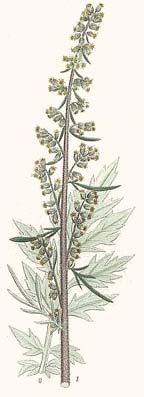 Mugwort’s Latin name is Artemisia vulgaris. It’s considered a plant of protection—even protection from insects and evil spirits. In many European pagan traditions, mugwort is used for smudging similar to the way Indigenous Americans use sage or cedar. (Actually, some Indigenous Americans use mugwort too.)
Mugwort’s Latin name is Artemisia vulgaris. It’s considered a plant of protection—even protection from insects and evil spirits. In many European pagan traditions, mugwort is used for smudging similar to the way Indigenous Americans use sage or cedar. (Actually, some Indigenous Americans use mugwort too.)
Smudging is a way of cleansing the energy around a person or a thing, and like shamanism, smudging rituals are found all over the world. It is believed that the smoke gets rid of negative energy—but also that smoke can send messages to the ancestors or spirits. It’s why burning incense is a traditional practice in many Asian cultures. Smudging usually involves burning a bundle of dried herbs and letting the smoke surround a person, a room, or a place that is in need of protecting, cleansing, healing, blessing, or connecting to the spirit world. Australian Aboriginal people do it. Scottish people burn juniper in a tradition called saining. Catholic priests do it when they burn incense in a thurible as they begin a mass.
And believe it or not, the Pennsylvania Dutch do it too . . . with mugwort!
Now I realize that Mugwort might have been asking me: “Don’t you know who I am??” Uhh, no. Apparently, I didn’t. Here I had a sacred, powerful medicine plant in my own garden, and I had been trying to destroy it. Stupid me.
The next day I picked a bunch of mugwort, steeped it in hot water, strained it, and added the tea to my hot bathwater. That night I did have intense dreams. I started asking my friends who are interested in the healing qualities of plants about mugwort and if and how they use it. Some people make smudge sticks from it. Others eat it.
A long-buried memory surfaced of eating mugwort rice balls at Miya’s Sushi (Chef Bun
Lai’s former restaurant in New Haven, Connecticut, that celebrated eating invasive species). They were yummy. Mugwort has a distinct and strong herby flavor that is hard to forget. I began to feel intense gratitude for this pervasive and magical plant.
I had embarked on a journey to talk with Mugwort because I wanted to understand plants and nature in a new way. To listen rather than destroy. To ask rather than demand. To learn to respect rather than disregard. And also, to find out why it annoyed me so much.
But what I found was much more than some interesting information about a seemingly problematic plant. Mugwort had a message for me about a different species altogether: Homo sapiens. We humans are never going to get rid of our “enemies”—whatever group of humans or pests that annoy us or we don’t like. All the genocides, all the wars, all the revolutions, and all the terrorist attacks throughout history have not eradicated whatever we fear is the enemy. Killing one dictator does not eradicate dictators. Trying to exterminate or “cleanse” an ethnic or religious group is not only abhorrent but doesn’t work and never will.
The root systems of our species and all our ethnicities are deep and strong. Trying to eliminate a group, just like trying to eliminate a plant, is a futile endeavor. Sure, lots of things have gone extinct over the eons for many different reasons. But by intentionally trying to make something else extinct, we are probably most likely to extinct ourselves.
Is the answer to develop even more toxic herbicides? Mugwort was telling me no: This is a war humans can never win. Plants rule the world.
Mugwort was also inviting me to understand that while humans must stop trying to wipe out “invasive” plants, we also need to stop hating and trying to eradicate groups of our own species—especially those that are not like us. What history has taught us, and is still teaching us, is that we are all capable of becoming fascists. When information is limited and our self-awareness muted, it’s easy to lose our sense of right and wrong. In search of a moral code, we often look to words written in ancient texts. What if, instead, we looked to nature? Nature shows us that everything has a purpose, and diversity is essential. Therefore, it behooves us to appreciate our difference and listen to other perspectives. Learn from them. Befriend them. Work together with them.
That is truly the only way we can find peace with one another.
After my journey, I approached the mugwort in my garden completely differently. I asked nicely. I pulled gently. I picked some for smudging. I tried putting some in soup (it was good). I let a lot of it grow wherever it wanted to. I softened my heart. I thanked it. And lo and behold, the area of my garden where mugwort had bothered me the most cleared up easily. And the rest stayed happily contained in a few out-of-the-way spots.
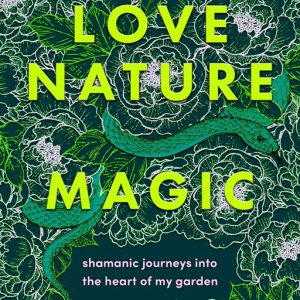 What if we change our perspective from feeling the need to control nature to enjoying and appreciating the surprises and gifts? When wild plants show up in our gardens, can we resist the impulse to eradicate them just because we didn’t buy them in a pot from the local plant store? Yes. We can. And what if that which we need to heal us (and maybe even save us) isn’t something far away, outside of ourselves, or packaged in plastic in the pharmacy? What if we don’t need a high-tech convoluted solution? Maybe the healing we need most is waiting to be discovered right in our own backyards. Maybe even by the side of the road.
What if we change our perspective from feeling the need to control nature to enjoying and appreciating the surprises and gifts? When wild plants show up in our gardens, can we resist the impulse to eradicate them just because we didn’t buy them in a pot from the local plant store? Yes. We can. And what if that which we need to heal us (and maybe even save us) isn’t something far away, outside of ourselves, or packaged in plastic in the pharmacy? What if we don’t need a high-tech convoluted solution? Maybe the healing we need most is waiting to be discovered right in our own backyards. Maybe even by the side of the road.
Wild. Powerful. Free.
Thank you, Mugwort.
The above excerpt is from Maria Rodale’s new book Love, Nature, Magic: Shamanic Journeys into the Heart of My Garden(Chelsea Green Publishing, February 2022) and is reprinted with permission from the publisher.



